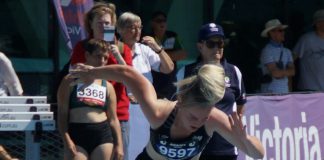How we perceive our environment makes a huge difference to how we learn and strive in the world.
Take persistence, for example. An essential characteristic to overcome a challenge and progress.
Science shows that how we attach meaning to achievement influences whether or not we will invest in a given activity. We can either judge our success or failure based on normative evaluations and comparisons to others (the ego-perspective) or on mastery, progress and self-improvement (the task-perspective).
Crucially, when we adopt a task-perspective, we are more likely to be comfortable with challenge and demonstrate greater persistence when faced with a set-back.
However, normative evaluations are commonplace in sport. And from the moment a young athlete first competes, comparisons to others are easily made.
It’s a ‘natural incubator’ of the ego.
A high ego-perspective alone is not the problem (in fact, most top athletes show signs of one). Instead, it’s when an athlete demonstrates a high ego-perspective without also being motivated by the task that problems arise. Like anxiety, anger, worry and frustration.
Our young athletes adopt the beliefs and behaviours that are stressed in our homes and on our sports fields. Therefore, what we do and promote is of prime importance in an athlete’s development.
How do you balance developing skill with managing ego? We’d love to know how you address this with your athletes. Let us know via social media or comment below so we can discuss different approaches.





































